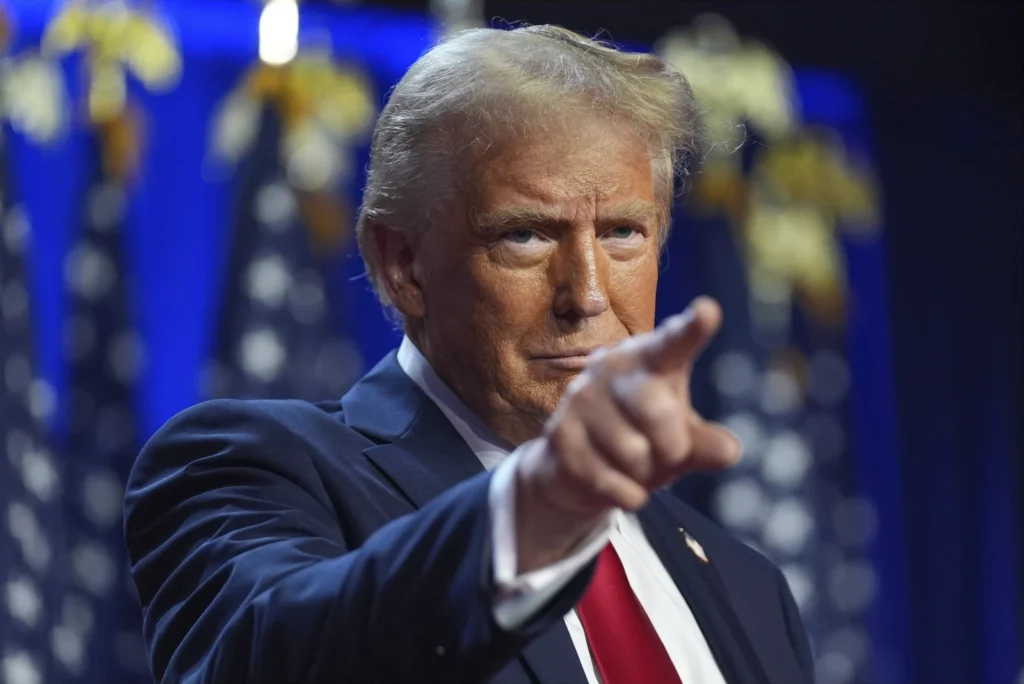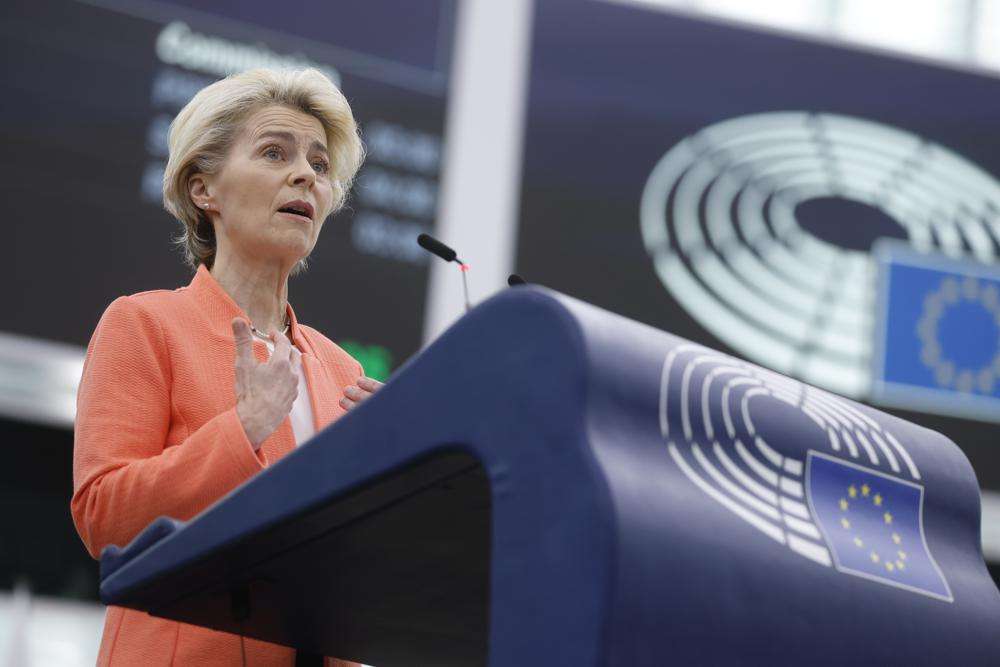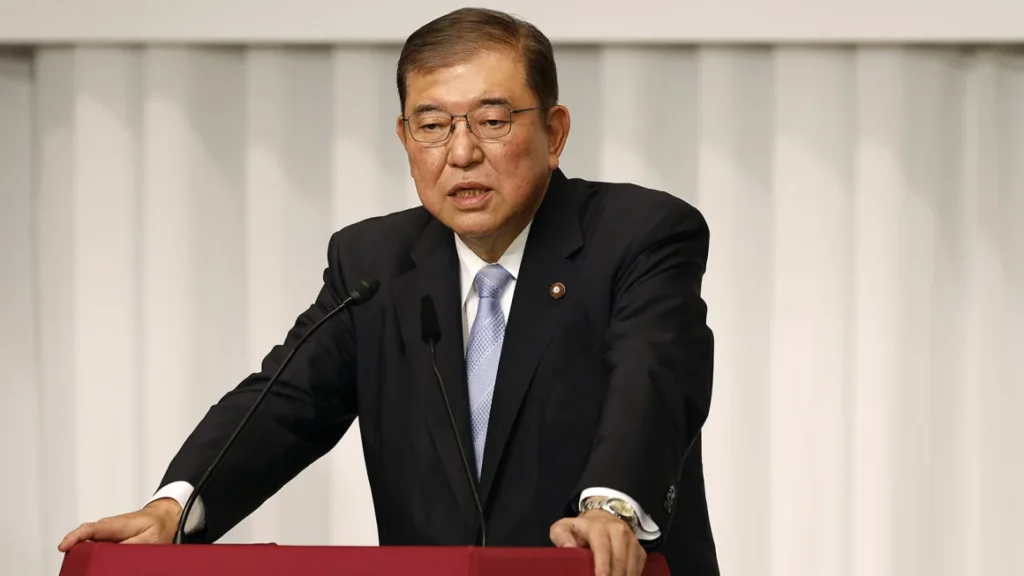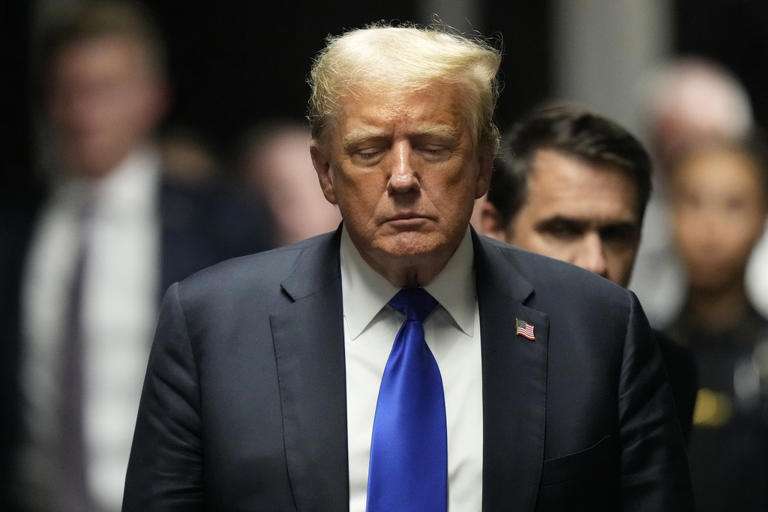US President, Donald Trump has issued his latest salvo in a widening trade war that has stoked tensions with allies, announcing a 25 percent tariff on imported cars and car parts.
Speaking at the Oval Office, Trump said that the tariffs would “take back” money from foreign countries that have been “taking our jobs” and “taking our wealth.”
“They’ve taken so much out of our country – friend and foe. And, frankly, friend has oftentimes been much worse than foe. This is very modest.”
Donald Trump
He asserted that the tariffs will go into effect on April 2, 2025 and the US will start collecting them the following day.

Calling the move “exciting,” Trump, who has pledged to revive manufacturing in the US, said that the tariffs would “spur growth like you haven’t seen before.”
The White House said in a fact sheet that the tariffs set to take effect on April 2 would “protect and strengthen” the US auto industry, which it claimed had been “undermined by excessive imports threatening America’s domestic industrial base and supply chains.”
According to the White House, foreign automobile industries, bolstered by unfair subsidies and aggressive industrial policies, have expanded, while US production has stagnated.
The White House also stated that importers bringing in vehicles and parts under the United States-Mexico-Canada Agreement would have the chance to certify what portion of their products are US-made so that they only pay the tariff on “non-US content.”
Trump’s announcement drew swift condemnation and expressions of concern from key trading partners, including the European Union, Canada and Japan.
European Commission President, Ursula von der Leyen said that the tariffs would be “bad for businesses” and “worse for consumers.”

She stressed that the EU will continue to seek negotiated solutions, while safeguarding its economic interests.
Canadian Prime Minister Mark Carney described the move as a “direct attack” on Canadian workers. “We will defend our workers. We will defend our companies. We will defend our country – and we will defend it together,” he said.
Also, Japanese Prime Minister, Shigeru Ishiba said that his government would consider “appropriate measures” in response to the tariffs.

“Naturally, we will consider all options. The bottom line is that we must consider what will best serve the national interests of Japan.”
Shigeru Ishiba
According to the US Department of Commerce, the US imported $214bn worth of passenger cars in 2024.
Top auto exporters to the US include many of Washington’s closest partners and allies, including Mexico, Canada, South Korea, Japan and Germany.
Tariff Risks Increasing Prices Across The US
Many economists have expressed alarm, warning that the US President’s tariff plan would risk increasing prices across the US.
According to Daniel Ives, Head of technology research at Los Angeles-based Wedbush Securities, the tariffs would be a “hurricane-like headwind” for the industry if implemented as planned.
“We continue to believe this is some form of negotiation and these tariffs could change by the week, although this initial 25 percent tariff on autos from outside the US is almost an untenable head-scratching number for the US consumer.
“We expect to learn more over the next week, but for now, investors will be frustrated by this announcement with few details … as this tariff announcement/25 percent number is hard to digest.”
Daniel Ives
Trump’s move is likely to cause significant disruption to the global auto industry, including the North American market, where automakers in the US, Mexico and Canada have developed highly integrated supply chains over the course of decades of tariff-free trade. “The North American automotive industry has developed into a well-oiled machine and disturbing it will only raise prices across all segments, imported and domestic, and reduce demand,” Sam Fiorani, an analyst at AutoForecast Solutions, told a news agency.
READ ALSO: Rutte Positive About US-led Peace Talks With Russia And Ukraine























